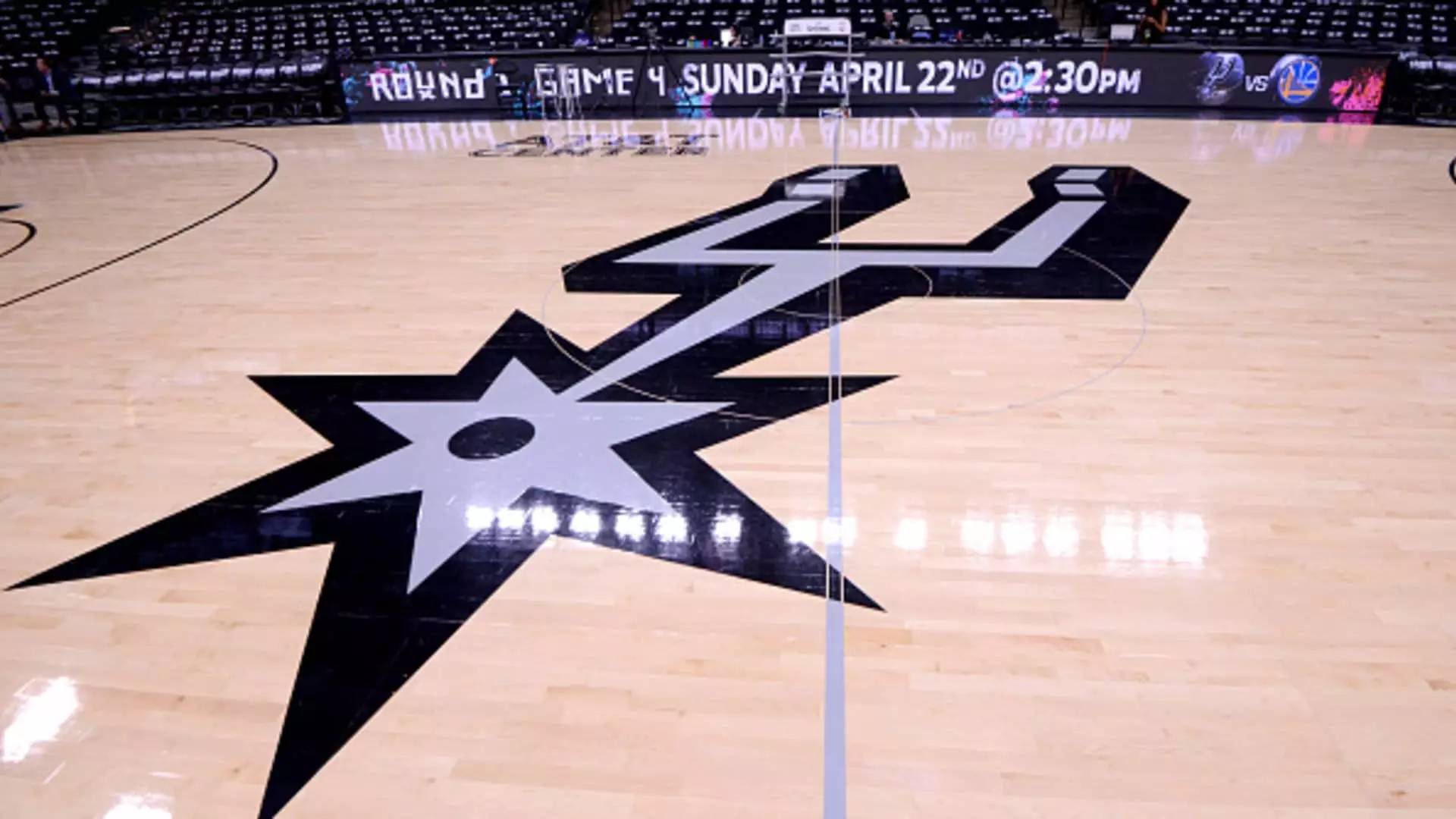The landscape of professional sports is witnessing significant changes, particularly in the realm of ownership stakes. Paul Viera, a well-respected businessman and investment strategist, has made headlines by increasing his investment in the San Antonio Spurs from 5% to 11%. This development highlights not just Viera’s personal ambitions but also underscores the increasing attractiveness of NBA franchises as lucrative investment assets amidst rising valuations in the league.
Recent transactions in the NBA indicate that team values are on an impressive upswing, with franchises becoming sought-after investment opportunities. Viera’s strategic decision to buy out Aramark’s remaining interest at a discounted rate emphasizes how ownership stakes can be acquired at more favorable conditions, particularly for those already holding minority positions. The deal reportedly values the Spurs at an impressive $2.5 billion, a sum that reflects the franchise’s historical significance and its potential for future growth, especially with emerging star Victor Wembanyama leading the charge on the court.
The nuances of such transactions shine a light on the broader market dynamics at play. Notwithstanding a challenging season—the Spurs concluded with a dismal 22-60 record and have not reached the playoffs since 2019—the hype surrounding rookie talent and the NBA’s lucrative broadcasting deal makes investment in teams irresistible. The league’s recent media agreement, which is worth $76 billion over the next 11 years, has created a favorable environment for owners and prospective investors alike.
Viera’s previous involvement with the Spurs cant be overlooked; he acquired his initial 5% stake last year, the details of which remain undisclosed. However, there is evidence from Aramark’s annual reports indicating that the company sold part of its stake for $98.2 million, resulting in a pretax loss of $1.1 million for fiscal 2023. It poses a compelling discussion regarding the valuation of sports franchises and how external market conditions can affect ownership economics.
The Spurs’ ownership structure features a mix of diverse investors with a demonstrated commitment to advancing the franchise’s legacy. From Peter Holt, the majority owner, to other minority stakeholders—including technology leaders and former players like David Robinson—the Spurs present an inclusive ownership model that reflects the evolving face of the sport. The significance of this diversity cannot be minimized; as the league pushes for greater representation among its ownership, Viera’s commitment reinforces a trend that resonates well with modern audiences and fans.
The valuations of NBA teams present a fascinating tableau, as evidenced by the financial maneuvers of other franchises. For instance, Junior Bridgeman’s recent acquisition of a 10% stake in the Milwaukee Bucks at an enterprise value of $3.4 billion sets a precedent for how investments play out across the league. Importantly, it appears that the values of similar stakes in the Spurs and Bucks are relatively close, suggesting that players in this market can expect competitive valuations.
As the Spurs fine-tune their performance and strive for better results on the court, the correlation between athletic success and financial health is becoming increasingly apparent. Stakeholders are watching with keen interest, aware that good player performance not only drives fan engagement but also propels franchise values upward.
Eyes are currently shifting to other franchises, particularly the Boston Celtics, where co-owner Wyc Grousbeck has listed his controlling stake on the market. With anticipated valuations reaching between $5.5 billion and $6 billion, it showcases the financial clout that comes with owning a storied franchise. The spirit of competition among prospective owners is not merely about capital; it encapsulates a vision for the future of basketball—a landscape that thrives on innovation, nostalgia, and the cultural significance of the sport.
Paul Viera’s growing interest in the San Antonio Spurs not only highlights strategic investment moves within the NBA but also reflects broader trends in sports ownership. As franchises evolve, the commitment to diversity and the potential for higher returns make investing in NBA teams a hot topic on the financial circuits. All these factors collectively create a narrative that is as thrilling as the game itself, punctuating the intersection of sports and business in today’s economy.

